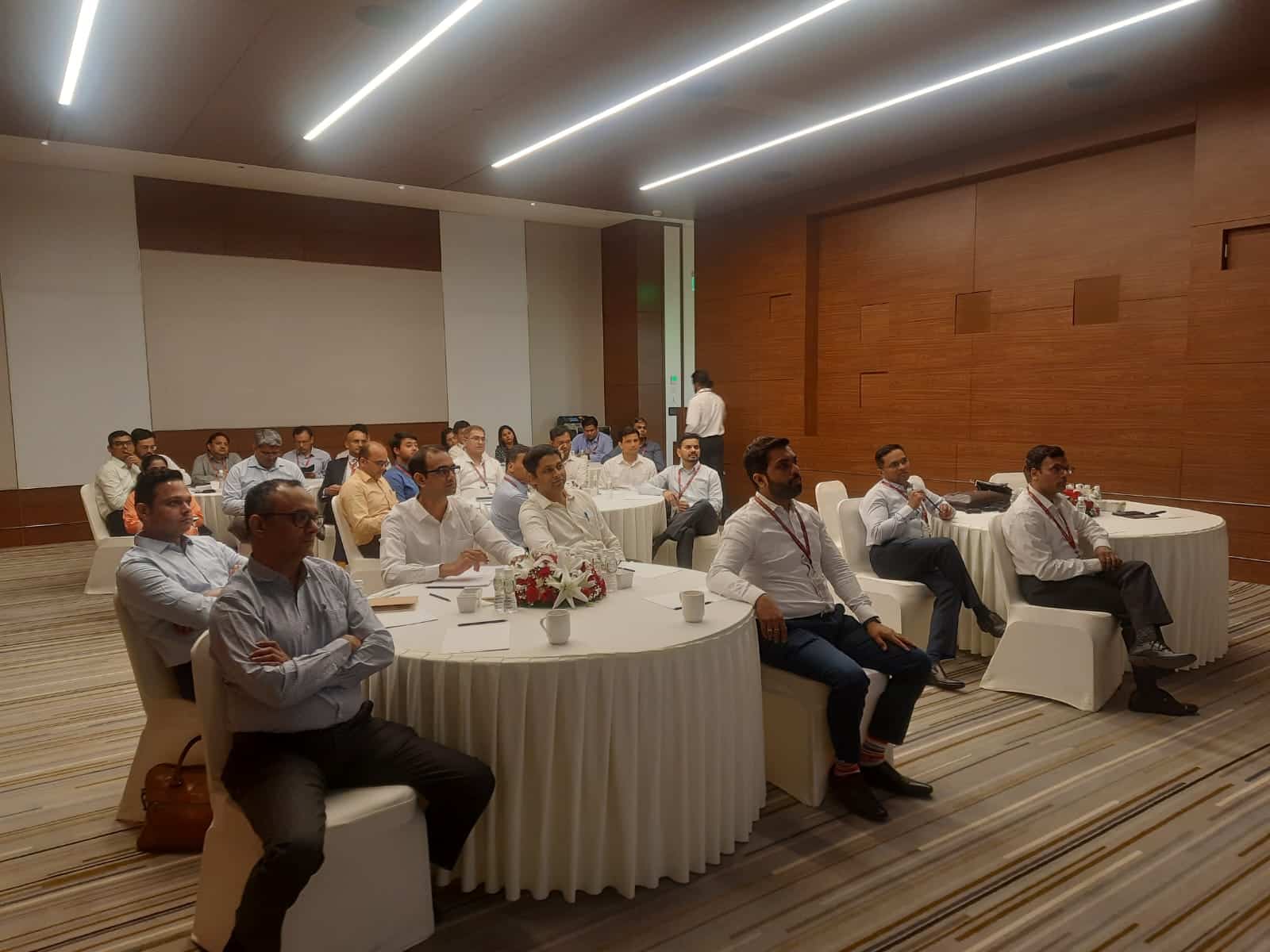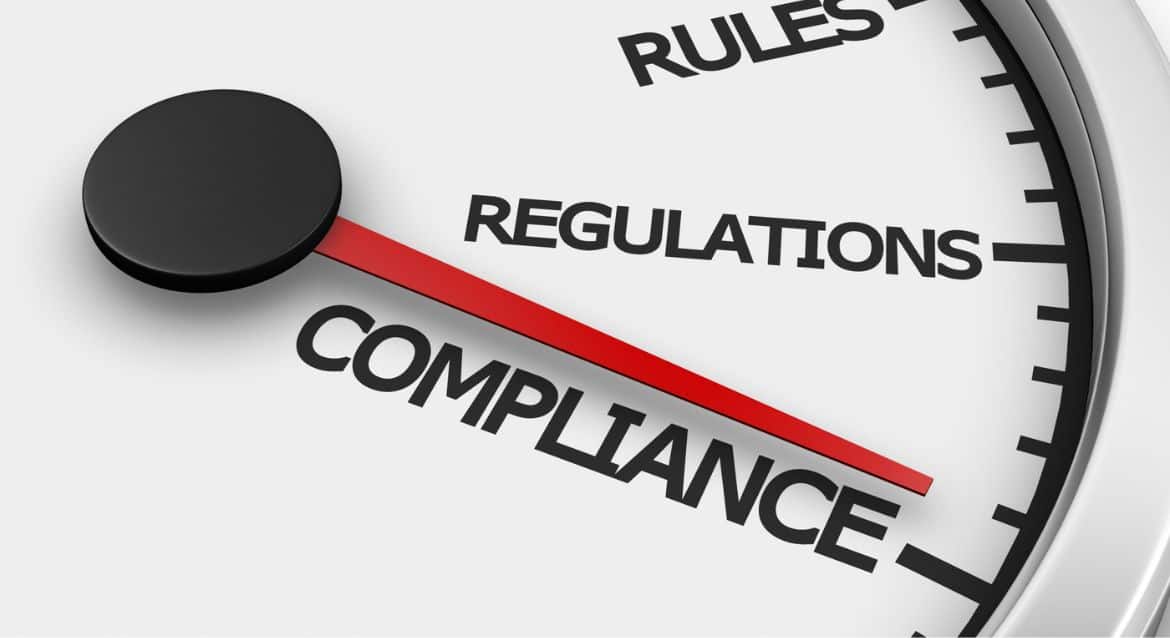The Directorate General of Foreign Trade (DGFT) vide Trade Notice 33/2023-24 has embarked on a…


Exporter and Importer from India entered in arrangement where the goods were shipped to (or received from) the UAE and payments are received (or made) to UAE companies. Such a strategy has been put in place by many Indian companies in recent times to sidestep US #sanctions on #Russian banks and companies also.
This transactions have now come under the lens of ED and central agency has asked about a dozen of them to share information on payments against third-party exports and imports for the past 6-7 years.
The notices from the ED make no mention of Iran, but a predominant portion of third-party trades have been with the West Asian country that has over the years faced harsh sanctions from the US.
Such transactions are allowed and have been permitted by the Reserve Bank of India since 2013.
#RBI taking into account the evolving international trade practices, in 2013 permitted third party payments for #export / #import transactions subject to #complaince of below conditions :
- Firm irrevocable order backed by a tripartite agreement or third party being mentioned in the irrevocable order/ invoice copy
- Third party payment routed through the banking channel only and not through money exchanges
- Third party name to be declared in the #ShippinBill/ #Billofentry
- In case of shipments being made to a country in Group II of Restricted Cover Countries, (e.g. Sudan, Somalia, etc.), payments for the same may be received from an Open Cover Country.
Despite the above some of the export/importer routed the shipment through Iran and Russia, which were under US sanctions. In the absence of an agreement between the Indian company, the Iranian entity and the UAE intermediary that acts as an associate of the Iranian firm, the payments can be construed as a violation of #FEMA.
For #India-#Iran trades, transactions in the #US currency were avoided with a rupee-rial payment arrangement in which Indian financial institutions such as UCO Bank or IDBI acted as nodal banks. Under this mechanism, Indian oil refineries importing crude from Iran would deposit rupees in designated accounts of these two banks and the rupee balance was used to pay off Indian companies exporting goods to Iran. However, the rupee-rial mechanism was no longer effective when oil imports stopped after after fresh sanctions were imposed on Iran, resulting in shrinking rupee balance with the nodal Indian banks.
Under the circumstances, some of the Indian exporters (and importers) have moved to an arrangement where the goods are shipped to (or received from) UAE and payments are received (or made) to UAE companies having accounts with banks in the Gulf country. For all official purposes, Indian companies in such trades have no connection with Iran and are dealing with UAE outfits (even though the latter may be linked to Iran). Indeed, such a strategy has been put in place by many Indian companies in rec ..
It is always prudent to follow compliance while entering into International trade.




